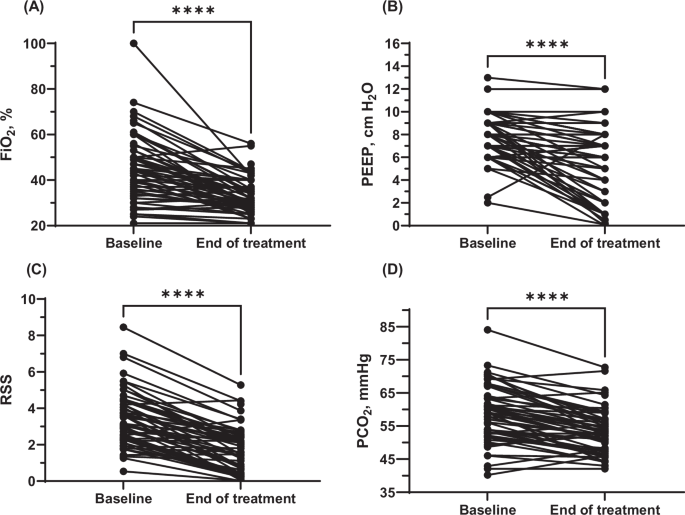Intermountain Health Experts Advise on Baby's Sippy Cup Transition

The transition from a bottle to a sippy cup is a significant developmental milestone for babies, offering both nutritional and developmental advantages. Katy Bodily, a registered dietitian nutritionist at Intermountain Primary Children’s Hospital, Larry H. and Gail Miller Family Campus in Lehi, notes, “The American Academy of Pediatrics recommends introducing a cup between 6-9 months and being fully transitioned off the bottle between 12-18 months.” This period also coincides with changes in a baby's diet. “As babies begin to eat solid foods, their intake of breast milk or formula should begin to decrease,” Bodily explained. “Instead of drinking bottles or breastfeeding every three to four hours, babies start to transition to a pattern of meals and snacks.”
Remaining on bottle-feeding for too long can present several risks. “If a baby is sipping on a bottle several times throughout the day, it may be difficult to be hungry during meal times thus limiting their intake of fiber and protein containing solid foods and decreasing their willingness to try different foods,” Bodily stated. Furthermore, continuous sipping on a bottle, especially throughout the day and night, can lead to tooth decay because milk and formula contain carbohydrates that can cause cavities if left in constant contact with teeth. Prolonged bottle use can also result in an excessive intake of formula or milk, potentially leading to high caloric intake and excess weight gain for some children.
Transitioning effectively addresses these concerns. “Transitioning from a bottle to a sippy cup, and ultimately an open cup, can help your child continue to get adequate formula or milk needed for growth, while helping prevent excessive intake that drinking from a bottle can often lead to,” Bodily advised.
To facilitate a smooth transition, Bodily suggests several strategies. Parents should begin introducing sippy cups and open cups between 6 and 9 months of age. The change should be gradual; start by offering sippy cups at meal times, then progressively replace bottle feedings at other times with solid foods and beverages from sippy and open cups. It is beneficial to include sippy cups without spill-proof valves, as these help babies develop the necessary skills for eventually using an open cup. Weaning from bottles before naps and bedtime can be particularly challenging, so finding alternative ways for the baby to self-soothe for sleep is crucial.
“Sippy cups are a great way to introduce your baby to a new skill,” Bodily remarked. “But remember, they are ultimately a stepping stone for transitioning fully to an open cup.”
For more information on this topic, parents can visit intermountainhealthcare.org/childrens-health.
Intermountain Health, headquartered in Utah with locations in six states and additional operations across the western U.S., is a nonprofit system comprising 33 hospitals, approximately 400 clinics, and medical groups with some 4,600 employed physicians and advanced care providers. It also includes a health plans division, Select Health, with over one million members, and other health services. Committed to helping people live the healthiest lives possible, Intermountain focuses on improving community health and is recognized as a leader in transforming healthcare through evidence-based best practices that deliver high-quality outcomes at sustainable costs.





